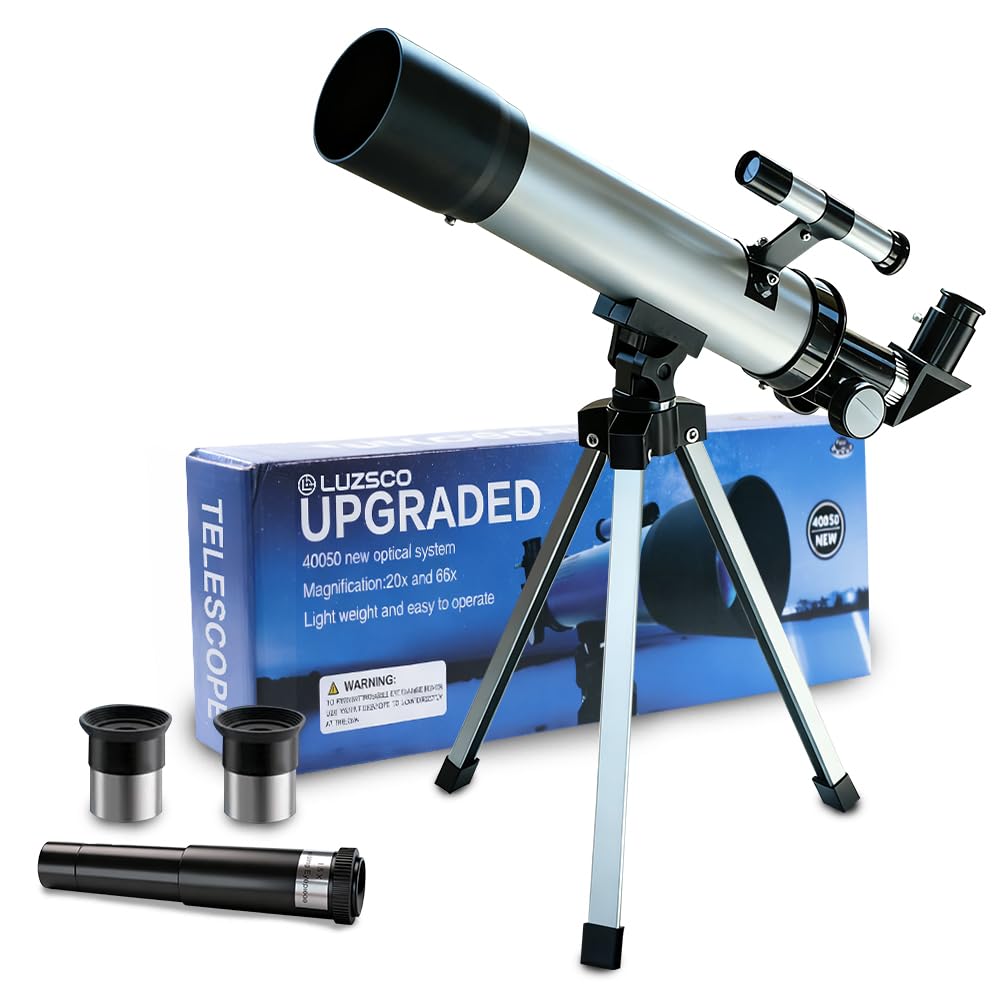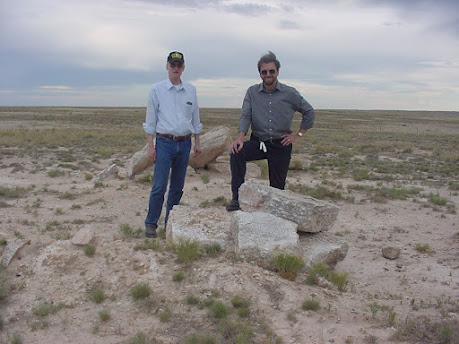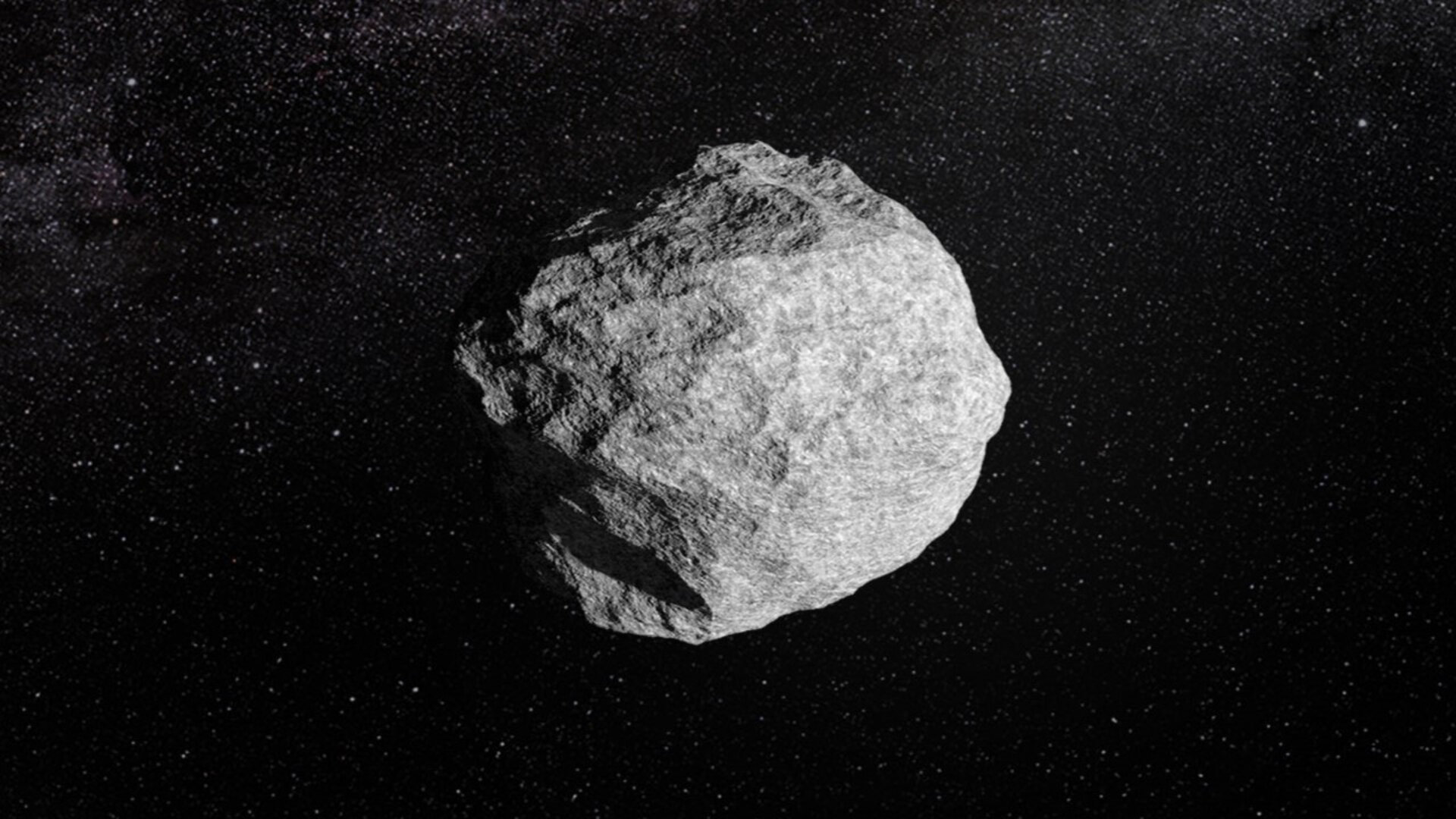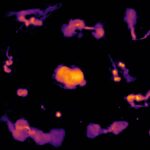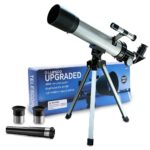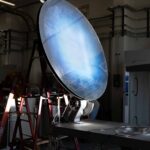Now Reading: Ignis Mission to Boost Scientific Innovation on International Space Station
-
01
Ignis Mission to Boost Scientific Innovation on International Space Station
Ignis Mission to Boost Scientific Innovation on International Space Station
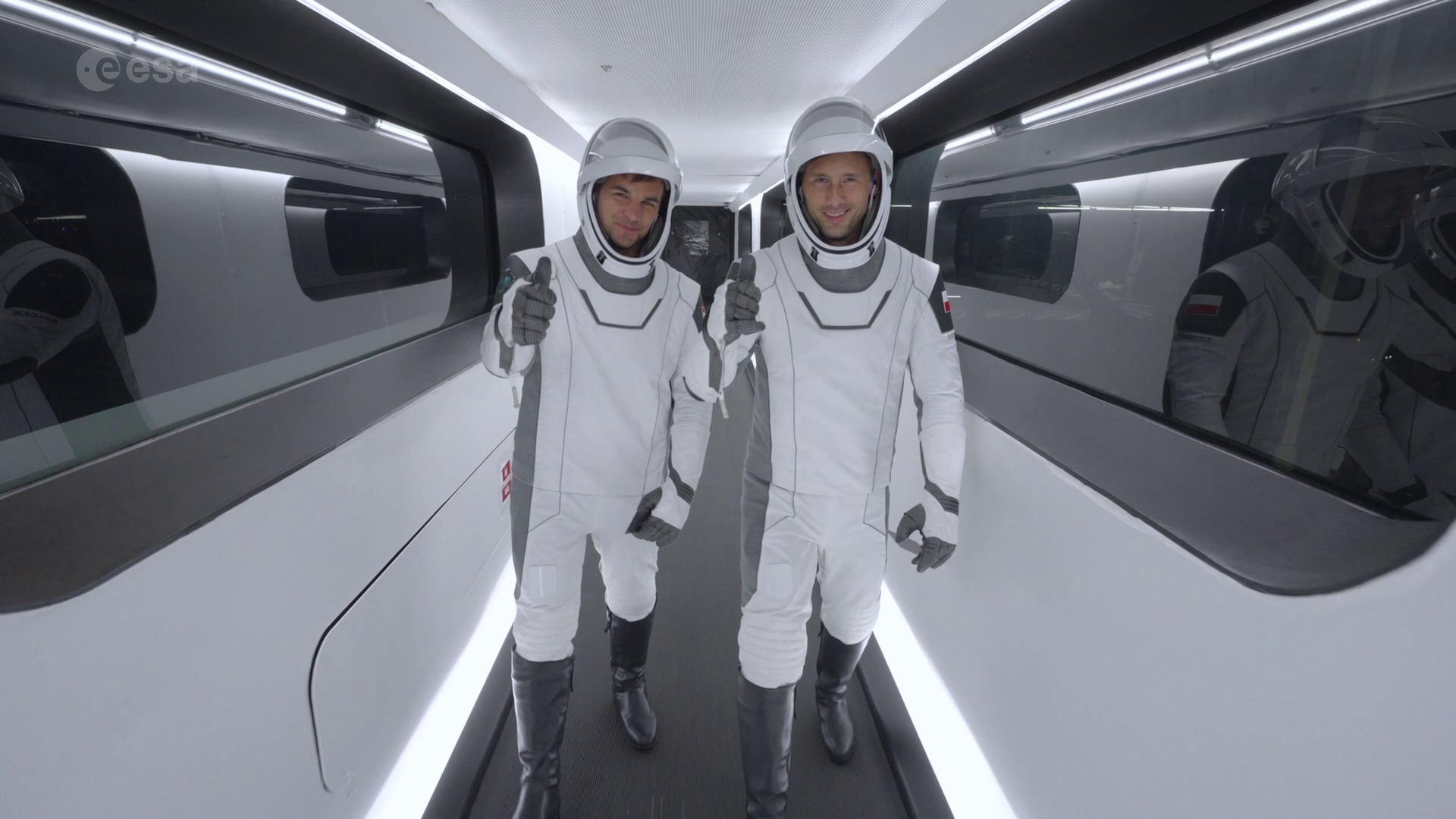

Exciting developments are underway aboard the International Space Station (ISS) with the introduction of the Ignis mission, which promises to bring a multitude of innovative scientific experiments to life. Spearheaded by the European Space Agency (ESA), this mission is set to showcase cutting-edge technology and expand our understanding of various scientific fields, ranging from material science to biological processes in microgravity.
One of the standout features of the Ignis mission is its focus on involving the Polish space industry, which will propose and lead several of the experiments. This collaboration not only demonstrates the growing influence of Poland within the scope of space exploration but also highlights the importance of international partnerships in advancing scientific knowledge. By tapping into local expertise and technology, ESA is fostering a unique environment where innovation can thrive.
The scientific program for Ignis will encompass a diverse array of experiments, including:
- Material Science: Investigating the properties of new materials that could be used in various applications on Earth and in space expeditions. The microgravity environment allows researchers to observe material behaviors that would otherwise be obscured by gravity on our planet.
- Biological Research: Studying the effects of microgravity on biological systems. This includes experiments on plant growth, human physiology, and even potential medical advancements that could emerge from understanding how life adapts to space.
- Fluid Dynamics: Exploring the behavior of liquids in microgravity, which has implications for a variety of fields including engineering and environmental science. Understanding how fluids behave without the influence of gravity can lead to improvements in systems ranging from rocket fuel delivery to medical applications.
In preparation for these upcoming experiments, it is essential to consider the logistical challenges of conducting research in a microgravity environment. Proper training and support for astronauts involved in these missions are crucial. As the esteemed Commander Chris Hadfield once emphasized, “In space, you are not just performing science; you are also living in an extraordinary environment.” This philosophy will guide the astronauts who will operate the Ignis experiments, ensuring they’re well-prepared to take on the unique challenges presented by the ISS.
Moreover, the Ignis mission aligns with ESA’s long-term vision of making the ISS not just a platform for space travel, but a hub of scientific discovery and technological innovation. By using the unique conditions of space, the experiments conducted during Ignis could yield results that significantly enhance our knowledge of various scientific principles and pave the way for future space exploration missions.
As we look ahead to the launch of the Ignis mission and the arrival of Sławosz Uznański-Wiśniewski and his team on June 26, 2025, the anticipation for groundbreaking discoveries grows. The contributions of European astronauts, particularly those from new member states like Poland, signify a broadening of the horizons of human spaceflight and a collective effort towards understanding the universe in which we inhabit.
European astronauts play a pivotal role in shaping the future of commercial spaceflights, especially as the context of human space exploration continues to evolve. With the emergence of private companies venturing into commercial space travel, the participation of astronauts like Sławosz Uznański-Wiśniewski signals a new era where European expertise is fundamental to the success of these missions.
This new generation of astronauts trained under the auspices of ESA is well-equipped to embrace the challenges presented by commercial spaceflight. They have undergone rigorous training that not only prepares them for scientific research but also for the dynamic environment of a commercial vehicle. As Chris Hadfield put it, “Becoming an astronaut is more than about training; it’s about adapting and innovating in the face of unforeseen circumstances.” This adaptability is important, especially in missions that involve commercial partners, where the pace and style of operations can differ from traditional government space missions.
One remarkable aspect of European astronauts in commercial spaceflights is their ability to bridge the gap between scientific inquiry and commercial interests. This is particularly vital as the ISS evolves into a platform for both research and profit, enabling companies to conduct experiments that may ultimately lead to marketable technologies. The collaboration between astronauts and commercial partners can yield innovative approaches to scientific challenges, leading to breakthroughs that benefit humanity as a whole.
When Axiom Space launched the Axiom-4 mission, they did so with a vision of redefining what human spaceflight entails. Including European astronauts in this mission demonstrates the commitment to international cooperation in space exploration. Their presence not only enhances the scientific output but also showcases the growing importance of Europe on the global space stage. Missions like this provide a fertile ground for shared knowledge, with astronauts learning from commercial operators about agile project management and new technologies, while the private sector benefits from the astronauts’ scientific expertise.
European astronauts excel in engaging with the public and inspiring the next generation. They leverage platforms like social media and public speaking events to share their experiences and insights, which very important for gaining public support for space endeavors. This outreach is particularly important in the context of growing commercial spaceflight, as it fosters a connection between the industry and the society it aims to serve. By sharing stories from their missions, they ignite curiosity and interest in space science, encouraging young minds to pursue careers in STEM fields.
Furthermore, the role of European astronauts in commercial missions also involves navigating diplomatic relationships and international collaborations. The global landscape of space exploration is characterized by partnerships among nations and private enterprises. European astronauts often find themselves in collaborative teams that include astronauts from other countries, fostering a spirit of unity in the quest for knowledge about the cosmos. This collaboration not only enriches the experience for the astronauts but also enhances the quality of the research being conducted aboard the ISS.
As we anticipate the arrival of more European astronauts in commercial missions, the implications for space exploration are profound. Their involvement could redefine how we view space travel—not just as a scientific endeavor but as a comprehensive exploration of human capability and collaboration. The trajectory set by missions like Ignis paves the way for a future where the contributions of European astronauts continue to inspire and innovate, ensuring that each flight into space is not merely a journey, but a meaningful step toward unlocking the mysteries of the universe.
Stay Informed With the Latest & Most Important News
Previous Post
Next Post
-
 01Two Black Holes Observed Circling Each Other for the First Time
01Two Black Holes Observed Circling Each Other for the First Time -
 02From Polymerization-Enabled Folding and Assembly to Chemical Evolution: Key Processes for Emergence of Functional Polymers in the Origin of Life
02From Polymerization-Enabled Folding and Assembly to Chemical Evolution: Key Processes for Emergence of Functional Polymers in the Origin of Life -
 03Astronomy 101: From the Sun and Moon to Wormholes and Warp Drive, Key Theories, Discoveries, and Facts about the Universe (The Adams 101 Series)
03Astronomy 101: From the Sun and Moon to Wormholes and Warp Drive, Key Theories, Discoveries, and Facts about the Universe (The Adams 101 Series) -
 04True Anomaly hires former York Space executive as chief operating officer
04True Anomaly hires former York Space executive as chief operating officer -
 05Φsat-2 begins science phase for AI Earth images
05Φsat-2 begins science phase for AI Earth images -
 06Hurricane forecasters are losing 3 key satellites ahead of peak storm season − a meteorologist explains why it matters
06Hurricane forecasters are losing 3 key satellites ahead of peak storm season − a meteorologist explains why it matters -
 07Binary star systems are complex astronomical objects − a new AI approach could pin down their properties quickly
07Binary star systems are complex astronomical objects − a new AI approach could pin down their properties quickly












